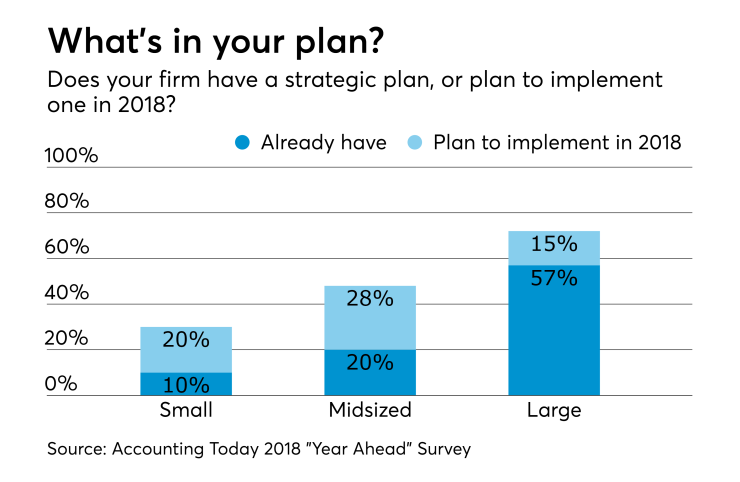You’ve attended the conferences and participated in the webinars, so you know that current best practice favors evolution beyond being just a practitioner to becoming a consultant. It’s one thing to acknowledge the apparent logic of such a shift.
But it’s another matter to successfully transform from a CPA who collects and analyzes historical information to a trusted advisor who applies data and expertise to help address specific problems.
As traditionally practiced, accounting restricts the scope of services, while consulting opens up limitless possibilities to contribute to client success. How do you go from here to there? The first step is to understand what distinguishes an accountant from a consultant. Benchmark your approach against these differentiators:
- An accountant looks to the past. A consultant looks to the future.
- An accountant reports. A consultant improves.
- An accountant invoices based upon time-based effort. A consultant establishes upfront pricing based upon expected value established with the prospect.
These differences distinguish a consultant who sells improvement in business conditions for a brighter client future, from an accountant who sells time for the effort expended in a compliance-driven project.
Another important distinction is use of information. Do you focus on historical data with the goal of compliance, as accountants do? Or do you use technology to anticipate needs and identify trends, in the way a consultant would? From data analytics to artificial intelligence and cloud-based recording and reporting, there’s a veritable explosion of digital tools that will expand the scope of your services. Armed with data and observations, consultants trade in the currency of analysis, insight and recommendations.

Essential skills
Successful consultants master essential and required communication skills that permit them to share their knowledge and perspective in ways that align with the needs of those they serve.
While essential to consulting, these skills are not typically perfected or valued among CPAs. My motto is, “Serve it up in whatever modality they can consume it.”
1. Speaking. Become a good public speaker who can address large audiences as effectively as you communicate one-on-one.
2. Facilitating. Successful consultants know how to bring out the best in their clients and, when needed, bridge differences of opinion.
3. Training. Learn how to teach groups a skill or best practice.
4. Advising. Use one-on-one persuasive conversations to recommend courses of action.
5. Coaching. Become a competent coach who can help others apply what they’ve been taught.
6. Writing. As a consultant, you need to be able to write convincingly and succinctly. If your written-word skills are lacking, find a tutor or hire a ghost writer.
Using these skills, the consultant provides two categories of deliverables — project work and ongoing advice and counsel. A project can be anything from assessing and evaluating an opportunity to applying a solution to a specific client problem.
There’s nothing new about providing advice and counsel. It’s traditionally been the mortar that supports the numbers and reports — the bricks — that CPAs generate. But in consulting, advice and counsel come out of the shadows and take on a more primary role. It’s not the mortar, but the bricks themselves.
Both categories of service require the consultant to dive deeply into the situation, evaluate it thoughtfully, amass and assess the data, interview key individuals, then make and implement approved recommendations.
Consulting is not reserved for the C-suite. As you hone your skills, and as your clients recognize your capacity, you’ll be called on to consult at every level of the organization — from owners seeking direction on the future of their business, to those with responsibility for budgeting or cash management. Regardless of who calls upon you and why, the process is the same: Identify the issue, evaluate the conditions and relevant data, make recommendations, and implement the solutions.
The book I used to learn how to become a consultant is “The Consultant’s Bible” by Alan Weiss. I recommend it to all my clients.
Go for it!
There’s never been a better time to consider offering new and existing clients an enhanced menu of services. In the predictable life cycle of a product or service, both audit and tax are in a mature stage. Sluggish and lacking in margins, they are therefore ripe for expansion and innovation. Embrace the future of accounting by making 2018 the year you become a trusted financial advisor — a consultant!





